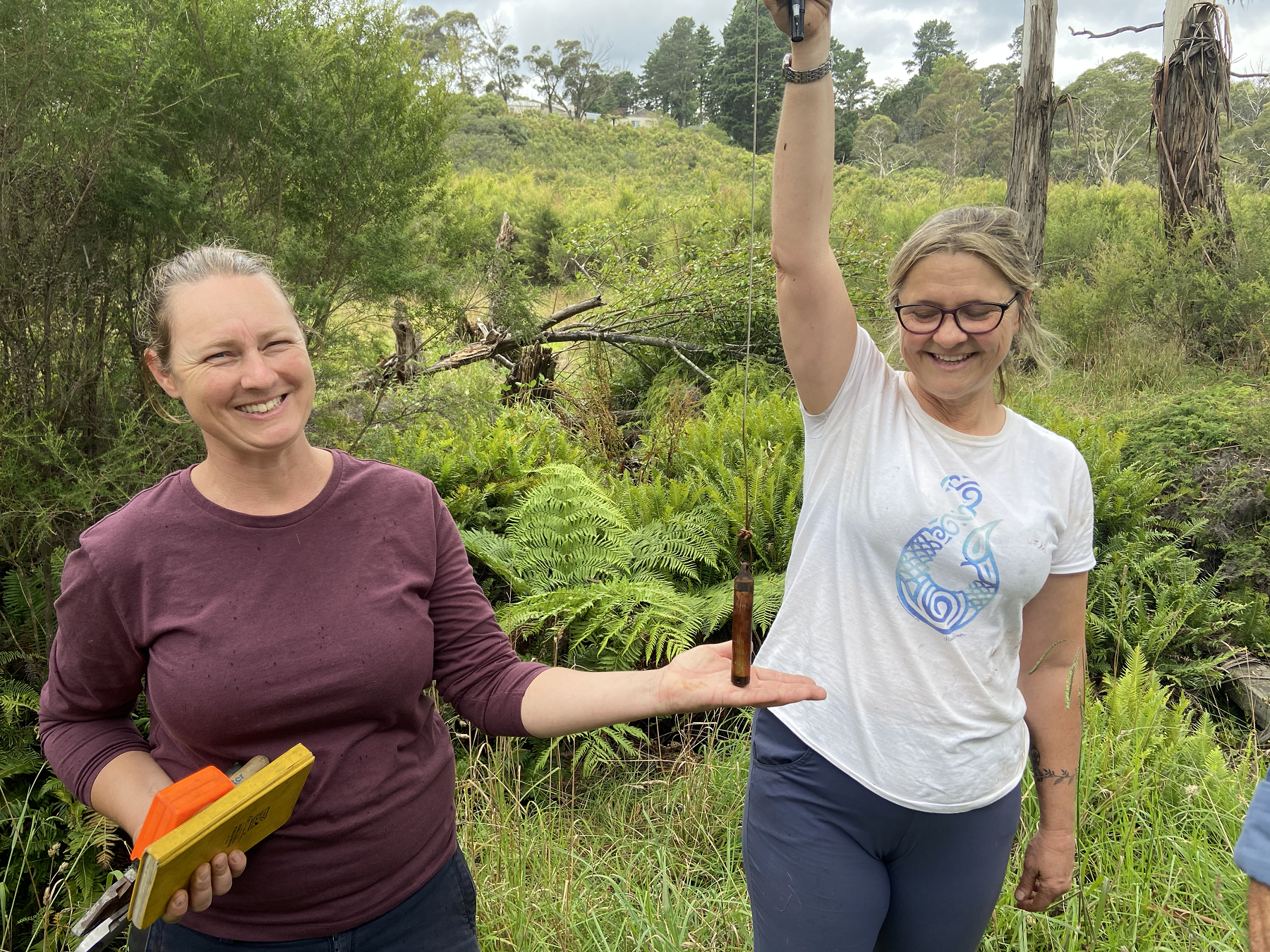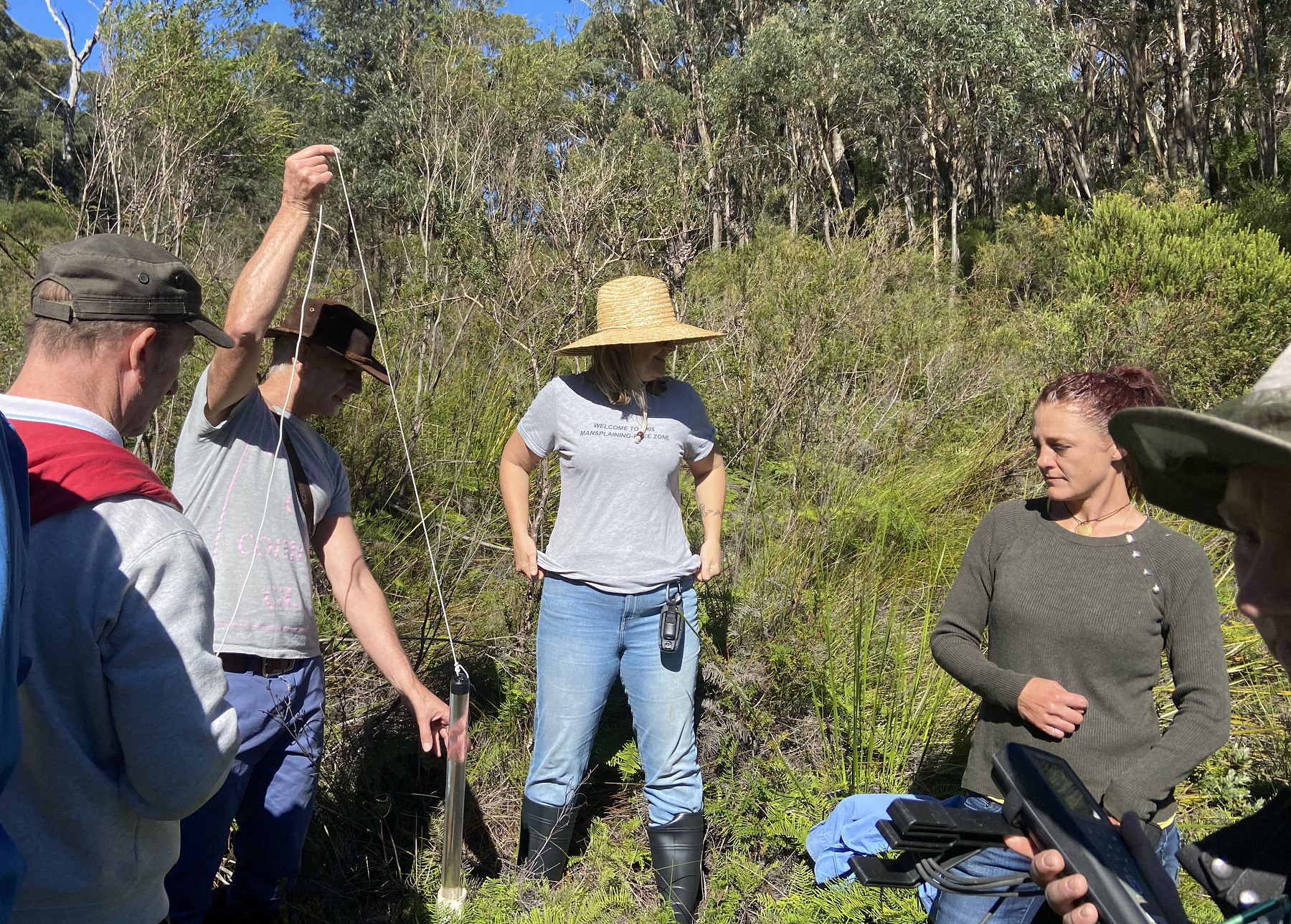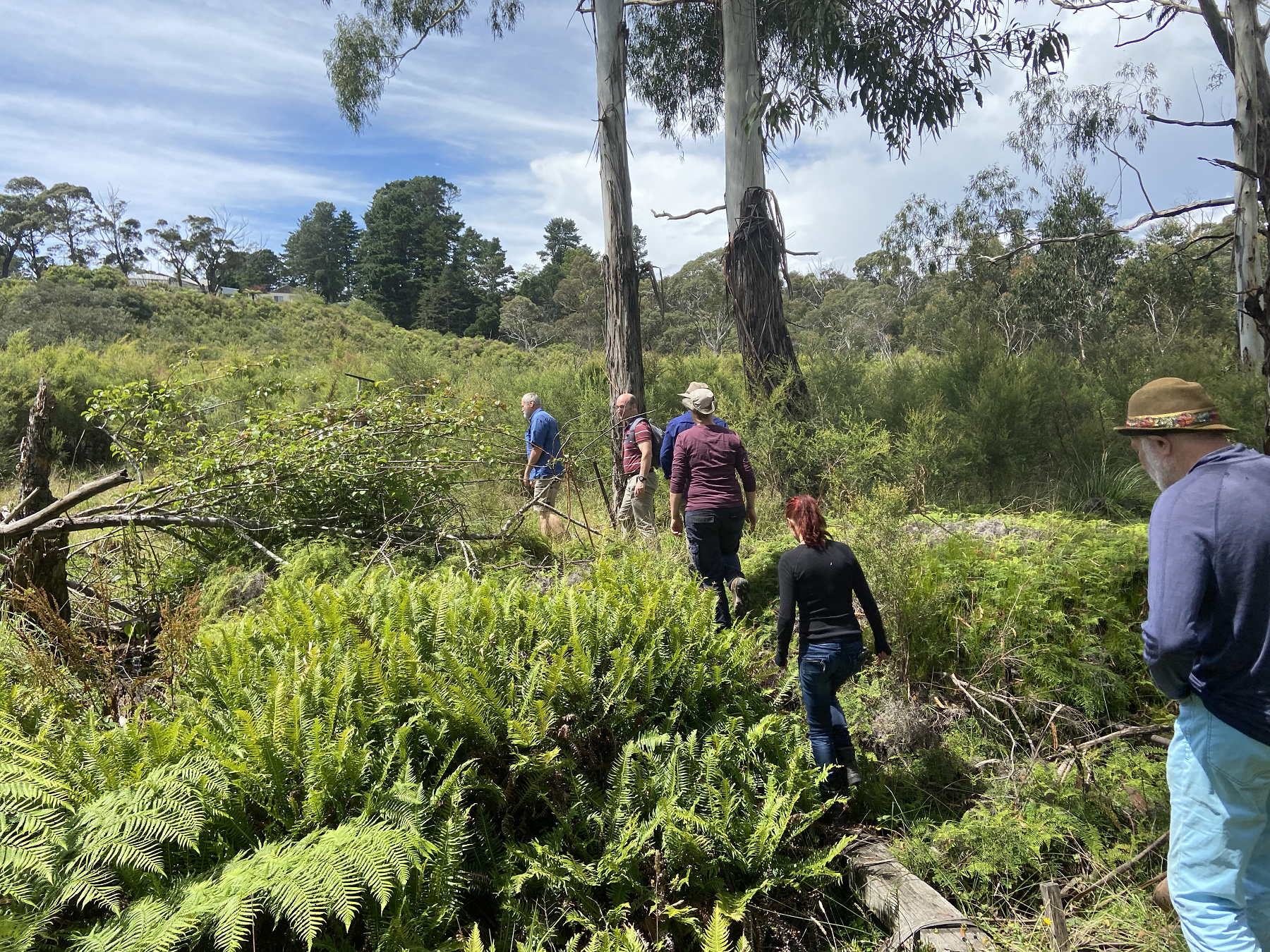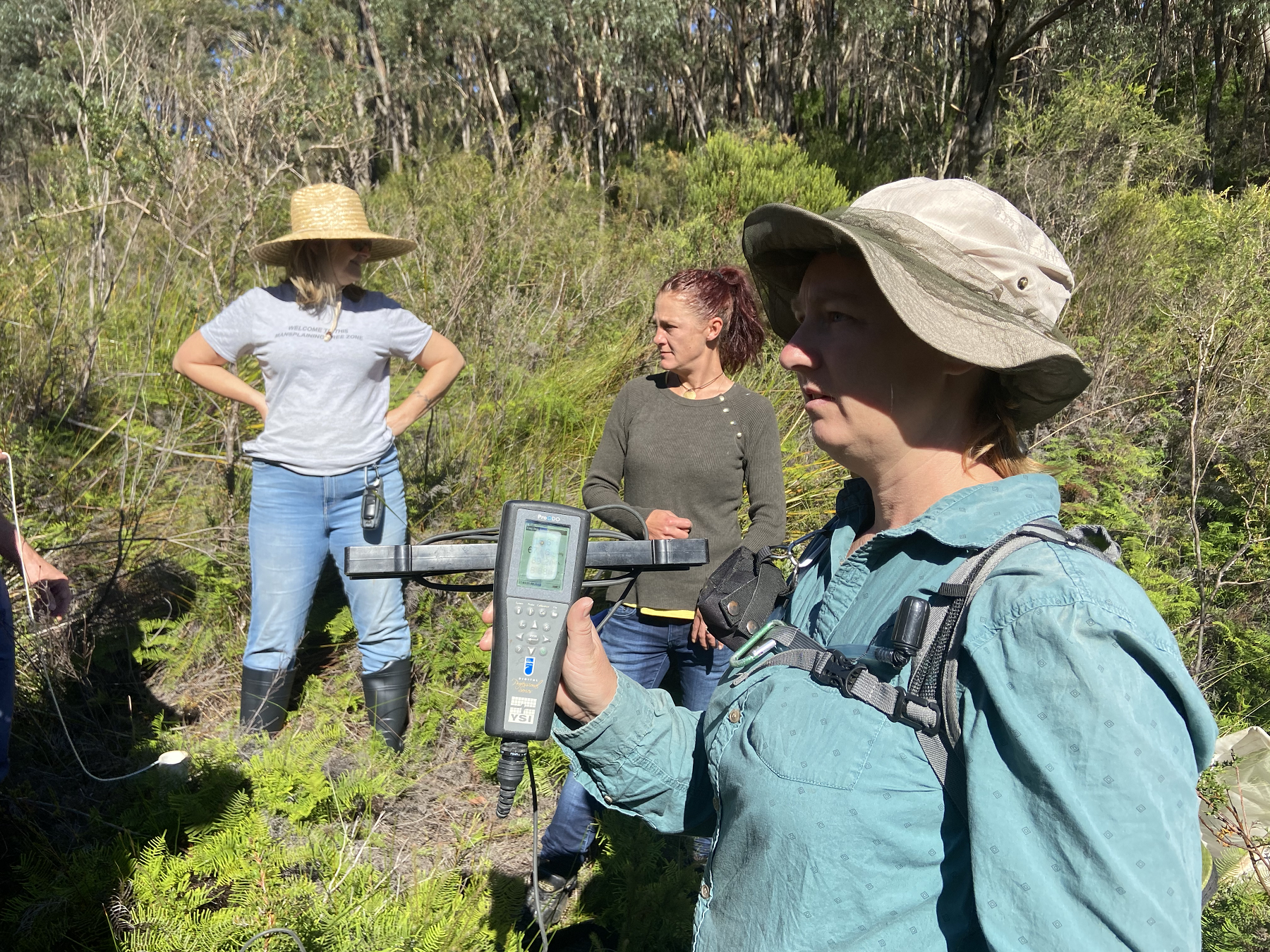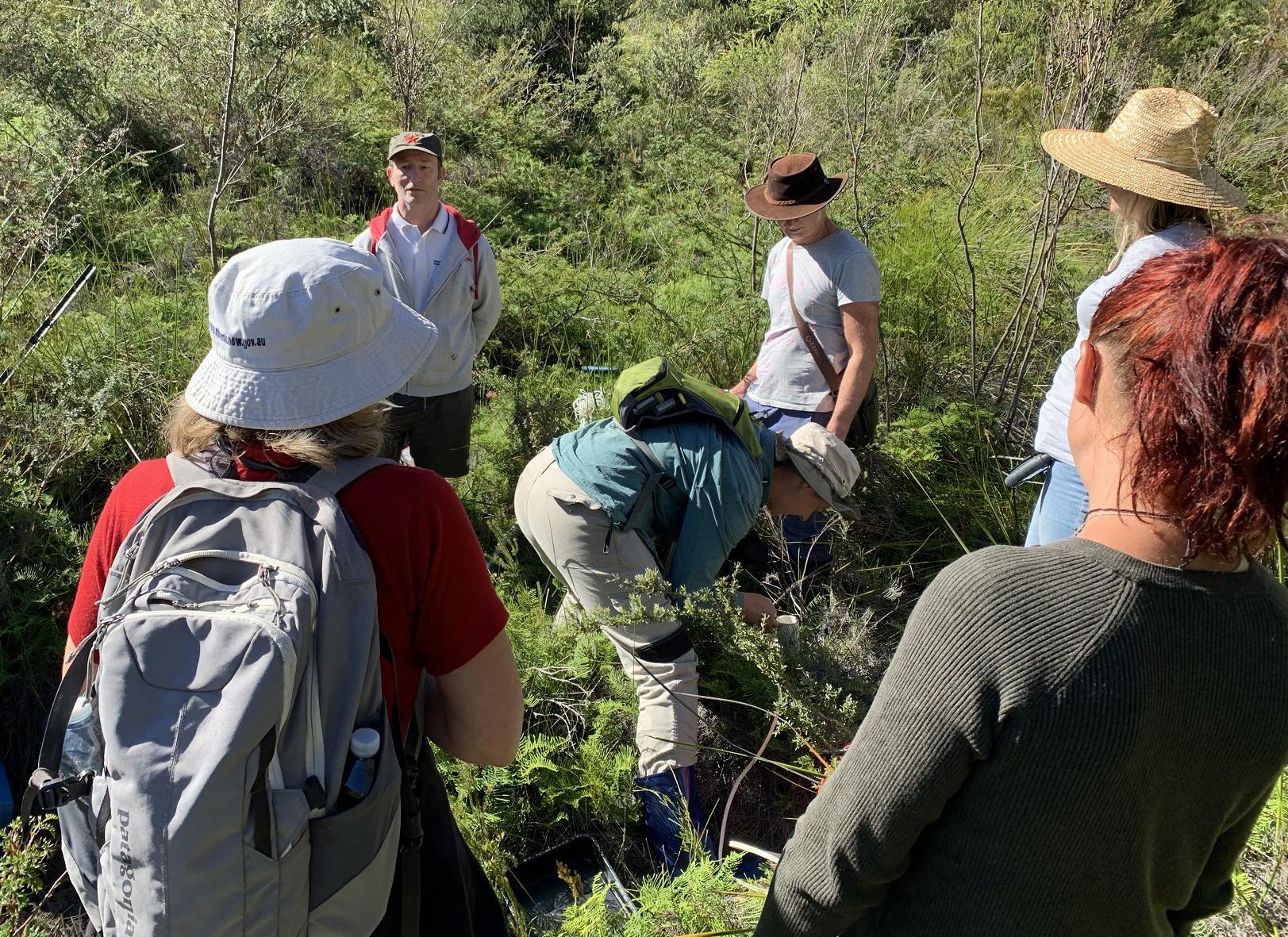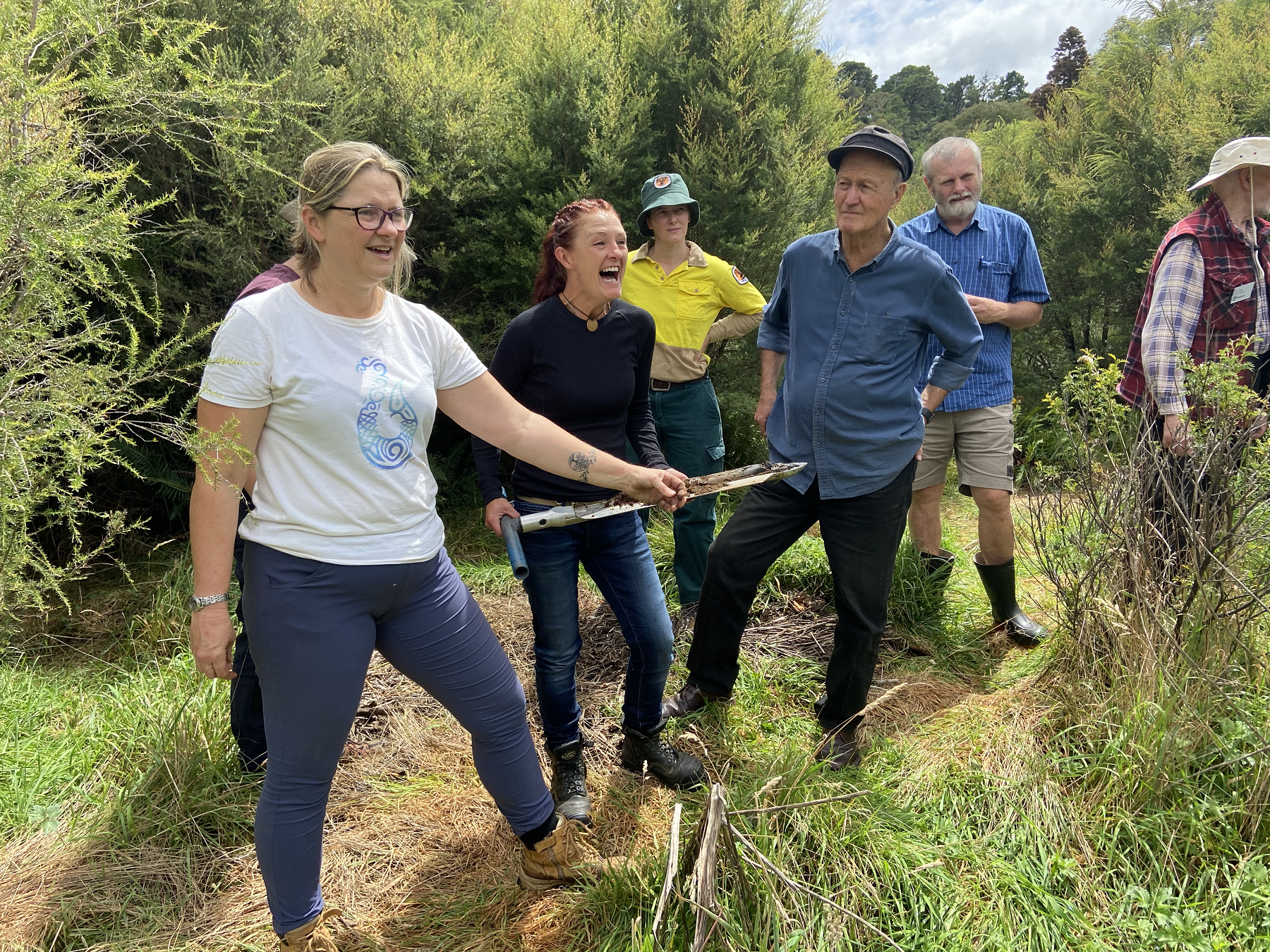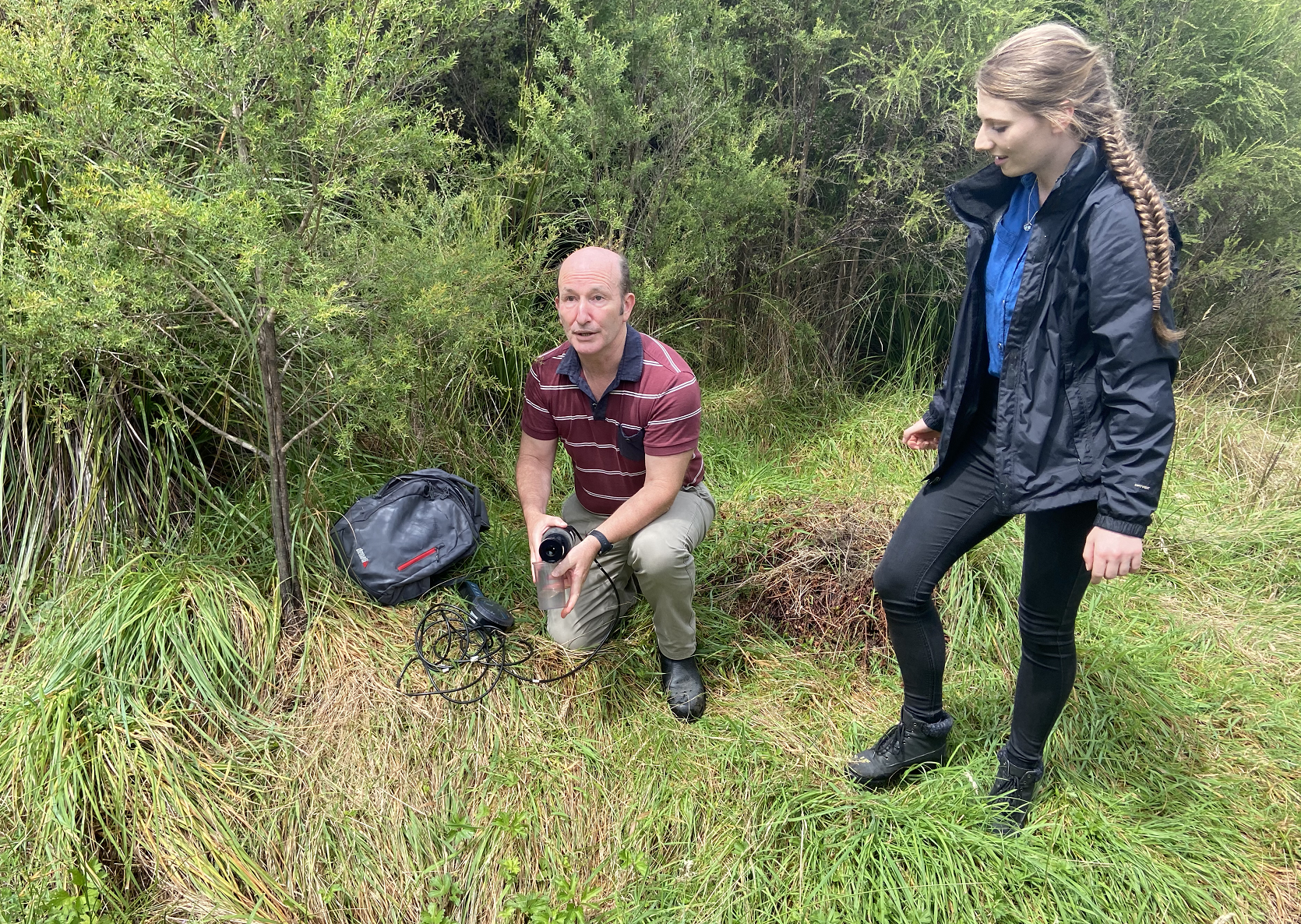The second phase of our Blue Mountains Upland Swamps project is now underway.
An ongoing monitoring program has been developed and implemented, equipment has been procured and installed, our citizen scientists have been inducted, the first official data collection expedition has been completed, and the first dataset has now been analysed. The development of an online decision support tool for assessing climate change impacts and informing restoration efforts is also in progress.
The upland swamps monitoring framework has been developed by an expert team at Macquarie University, led by Dr Kirsten Cowley.
The online decision support tool, being developed by Peter Dupen at UTS and David Kennewell of Hydrata, will aim to provide intervention and restoration options in relation to known and emerging threats such as channelisation, siltation, declining water volume and quality, and the loss of critical plants and animal species. It will provide an early warning system to support remediation and develop an adaptive management strategy for their conservation by land management agencies.
Four swamps were assessed for suitability with three trial swamps in Medlow Bath, Bullaburra and Lawson now approved for ongoing monitoring. Data collection has begun at two key points at each of the three trial swamps - one data collection point housing a piezometer and the other data collection point being the exit stream.
The first collection of data has been assessed by expert university teams at Macquarie University, Western Sydney University and UNSW. Alarming data collected from the collapsing swamp at Bullaburra was the source for a joint media release by BMWHI and the Blue Mountains City Council.
The data collected from the swamp sites is being stored at the CSIRO’s BioCollect database, with the help of Project Partner Peter Brenton, who manages the BMWHI data hub and the flow of data to the Atlas of Living Australia.
Specific research activities include the application of new tools, such as electromagnetic monitoring techniques applied by Prof Scott Mooney (UNSW), which allow an accurate measurement of the swamps water and carbon volume . This parallels work on water quality by Dr Ian Wright (WSU) and on the ecosystems and invertebrate populations in swamps by Prof Grant Hose (Macquarie University).
This research and analysis will help establish a more effective monitoring and restoration program for upland swamps, as they begin to recover from the impact of recent drought, fire and torrential rain.

